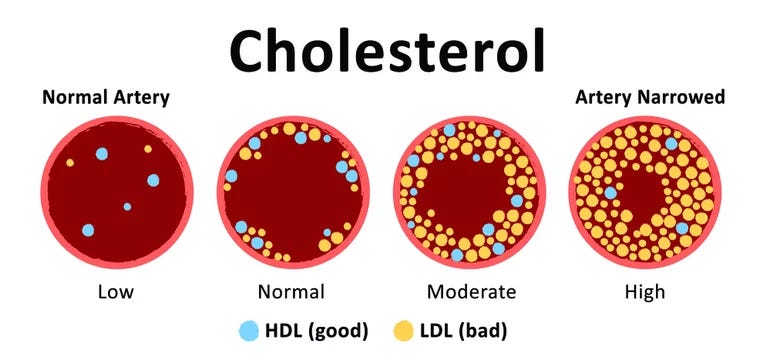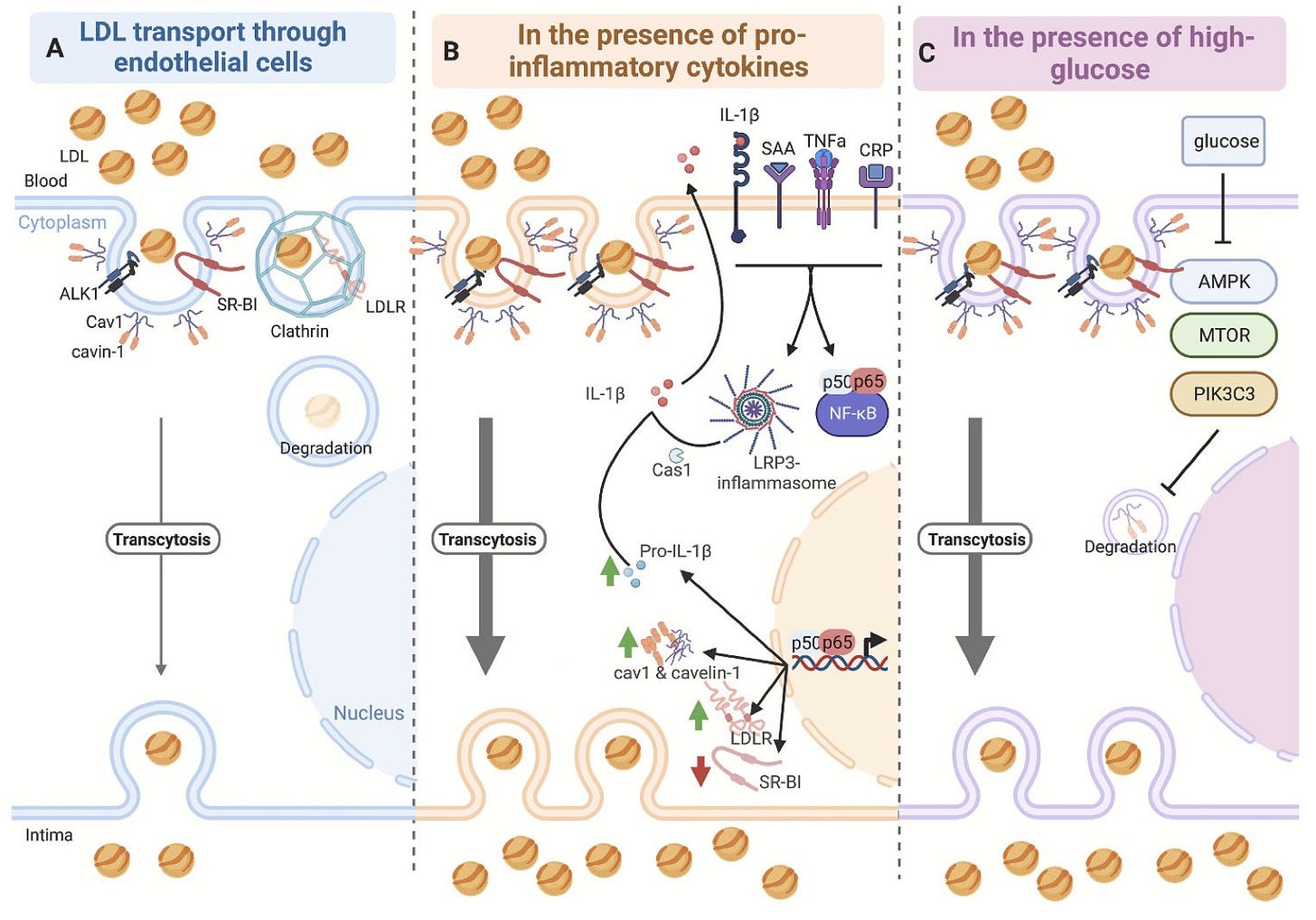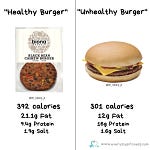Neuro Athletics is a 2 x weekly newsletter that breaks down the medical and scientific practises that you need to perform at your peak. Subscribers include professional athletes, athletic trainers, coaches and casual fans. So if you are not already a subscriber, sign up and join 68,000+ others who receive it directly in their inbox each
Today’s Newsletter Is Brought To You By Momentous
Despite a healthy diet, many of us still miss out on essential nutrients. I've incorporated Momentous Whey Protein into my daily regimen to boost my overall health, enhance muscle recovery, and ensure I get the necessary protein intake for optimal performance and well-being.
One of the biggest benefits of whey protein is its ability to combat age-related muscle mass and strength loss. Starting around the age of 40, individuals can lose approximately 3-5% of their muscle mass per decade, which can significantly impact strength and mobility.
By supplementing with whey protein, you can support muscle maintenance and growth, helping to preserve strength and function as you age.
The best part?
Momentous has by far the most rigorous commitment to quality, demonstrated by expert partnerships and strict third-party testing, making their products a reliable choice upheld by top athletes.
Code: NEURO for 20% off
Neuro Athletes,
I’m the first to say that, quite frankly, I’m sick of the nutrition wars on Instagram. The endless stream of oversimplified opinions, bold declarations, and downright misinformation has turned social media into a battleground where everyone is a self-proclaimed expert.
What’s worse? The loudest voices often drown out the nuanced ones, leaving people like you and me confused about what’s actually good for our health. Is fat bad? Is LDL the devil? Should I eat the steak or skip it?
Let me set the record straight: when it comes to cholesterol, especially LDL, the truth is anything but simple.
In my latest podcast episode, I had the privilege of sitting down with Nick Norwitz, PhD—a Harvard MD-PhD student and one of the sharpest minds in metabolic health. Together, we tackled the cholesterol conundrum, exploring why context matters more than any single number on your bloodwork.
Here are the highlights from our enlightening conversation:
What is Metabolic Health, Really?
Nick likens metabolic health to "your best life insurance policy," encompassing processes like hormonal balance, energy utilization, and mitochondrial function. It’s the foundation for reducing chronic diseases like obesity, diabetes, and even Alzheimer’s.
But what does this have to do with LDL?
Everything.
Metabolic health provides the context in which biomarkers like LDL should be understood.
LDL particles play a role in the pathway of atherosclerosis. To do this, they must enter the artery wall by passing through the endothelium, a thin membrane that lines the walls of blood vessels But how? Do LDL particles just passively flow through the endothelium like grains of rice thrown at a chicken-wire fence? Well, the diameter of an LDL is on the order of 20-30 nm, whereas the gaps between endothelial cells is ~3-6nm... so, instead, LDL must be transported, actively, into the artery wall. Inflammation plays a role here.
Is LDL Always Bad?
The conventional wisdom is simple: high LDL equals higher cardiovascular risk. But Nick explains that LDL levels are highly context-dependent. For instance:
Familial Hypercholesterolemia: A genetic condition causing high LDL due to dysfunctional LDL receptors.
Metabolic Dysfunction: Obesity and poor metabolic health can elevate LDL alongside other harmful markers.
Lean Mass Hyper-responders: Paradoxically, some metabolically healthy individuals on ketogenic diets see LDL skyrocket—potentially as a benign adaptation.
Nick’s analogy: "Someone might be 7 feet tall because of genetics or due to a pituitary tumor. The height alone doesn't tell the full story—just like LDL alone doesn’t define risk."
Should You Panic About High LDL?
Here’s Nick’s take: don’t rush to conclusions based solely on a red flag in your bloodwork. Instead, ask the right questions:
What’s my metabolic context? Are you metabolically healthy or insulin-resistant?
Are there other risk markers? High LDL with low triglycerides and high HDL (a common ketogenic diet pattern) may indicate a different risk profile than high LDL with poor metabolic markers.
What does functional testing show? Tools like coronary artery calcium (CAC) scans and CT angiography can assess plaque buildup in arteries—offering a clearer picture of actual risk.
The Oreo Experiment: A Provocative Case Study
Nick’s viral "Oreo vs. Statin" experiment demonstrated how dietary changes can drastically affect LDL levels. Eating a sleeve of Oreos daily for 16 days lowered his LDL twice as effectively as a high-dose statin. Why? Not because Oreos are healthy, but because carbohydrates reduce the body's need to circulate fats via LDL. This study wasn’t a call to eat junk food but a challenge to conventional thinking about LDL.
Key Takeaway: LDL Isn’t the Whole Story
LDL is part of the puzzle, not the entire picture. Understanding the "why" behind your LDL levels is essential for making informed decisions with your healthcare provider.
Actionable Steps for Better Heart Health
Get Contextual Testing: Consider CAC scans or advanced lipid testing to assess cardiovascular risk.
Focus on Metabolic Health: Adopt a lifestyle that supports metabolic flexibility—regular exercise, a nutrient-dense diet, and quality sleep.
Challenge Simplistic Advice: Avoid taking "lower is better" at face value. Dive deeper into the "why" with a trusted healthcare provider.
Nick and I also explored broader topics, from the challenges of communicating science on social media to the metabolic effects of ketogenic diets. Catch the full conversation on YouTube for an engaging dive into cholesterol, metabolic health, and beyond.
Let’s move beyond myths and embrace a more nuanced view of health.
To your brain and body health,
Louisa
















Share this post